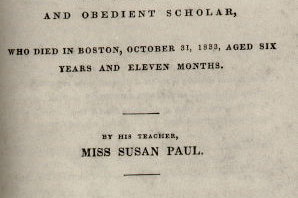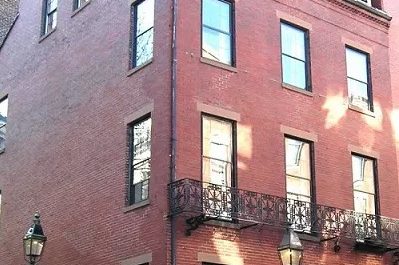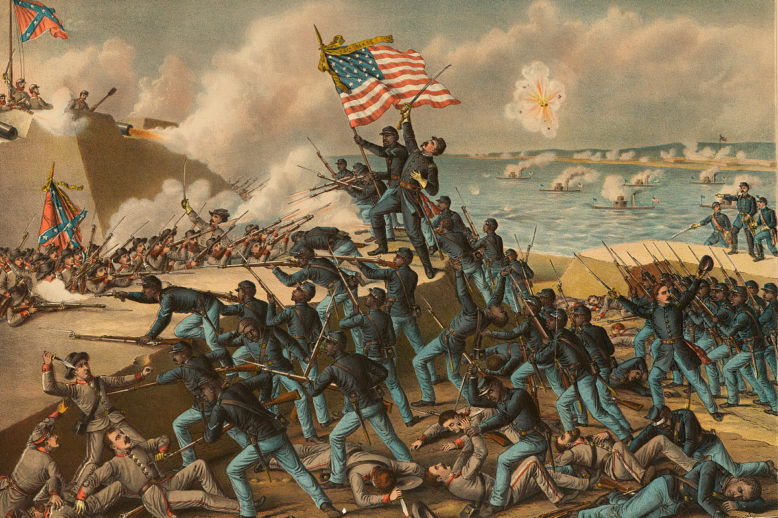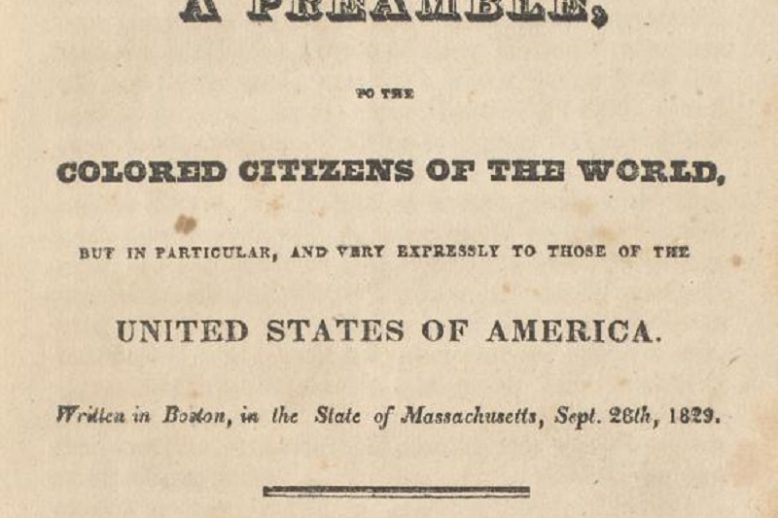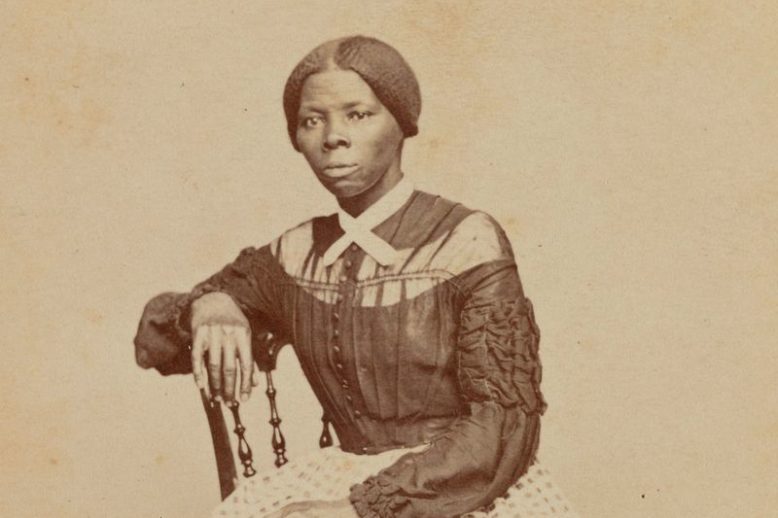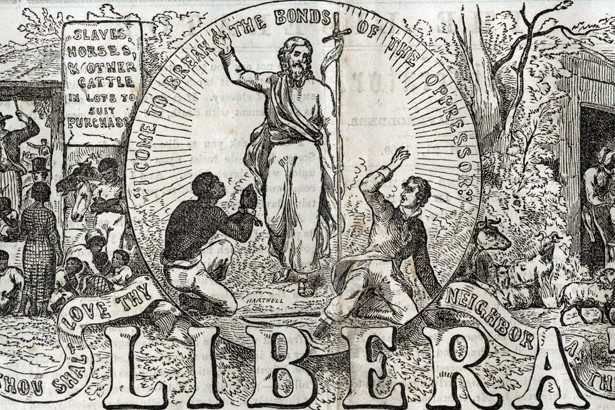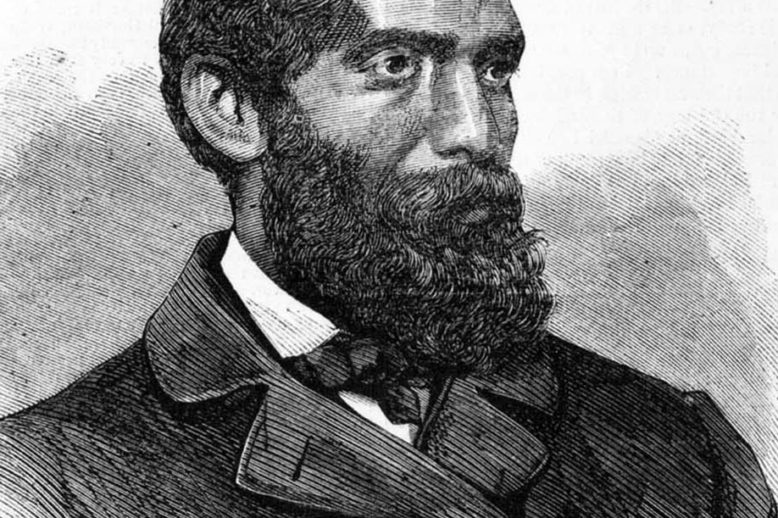Topic: Abolition
Abolition, abolitionists, anti-slavery, The Liberator, the colonial movement
Susan Paul (1809 -1841) worked as an abolitionist, educator, and author from the north slope of Beacon Hill in the West End. She fought against slavery in every aspect of her professional life through her education of African American students, the inspirational music performed by her choir, and her landmark work, The Memoir of James Jackson, the earliest known prose narrative and biography by an African American woman in the United States.
John P. Coburn, an African-American clothier, participated in and financially supported the abolitionist movement in Boston. He later ran a gambling house out of his home on Phillips Street, one of the sites of the Black Heritage Trail.
The 54th Massachusetts Infantry Regiment was the Union’s first free Black regiment of the Civil War. The Massachusetts Black regiments were all deeply linked to the West End, from which they were advocated for, recruited, and organized. The 54th is memorialized in a bas relief on Boston Common, and in the 1989 film “Glory”.
David Walker, an African-American abolitionist who lived on the north slope of Beacon Hill, published a prominent book of the anti-slavery movement after traveling to many parts of the United States.
Harriet Tubman, a self-emancipated slave, remains the most famous and successful Underground Railroad conductor in United States history. She played an important role in Boston as an emancipator and activist for African Americans and women.
One of the first American women of any race to give a public address in the nineteenth century, Stewart was one of Boston’s prominent Black abolitionists who lived on the north slope of Beacon Hill in the 1830s.
Josephine St. Pierre Ruffin and George Ruffin were eminent African-American residents of the West End in the late nineteenth-century. Josephine’s newspaper, The Woman’s Era, was published from her home and instrumental to the founding of the National Association of Colored Women (NACW) in 1896. She was its first vice president.
John S. Rock was an accomplished Black dentist, doctor, lawyer, and abolitionist lecturer who resided on the north slope of Beacon Hill shortly before and during the Civil War.


